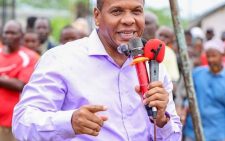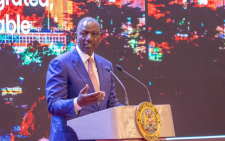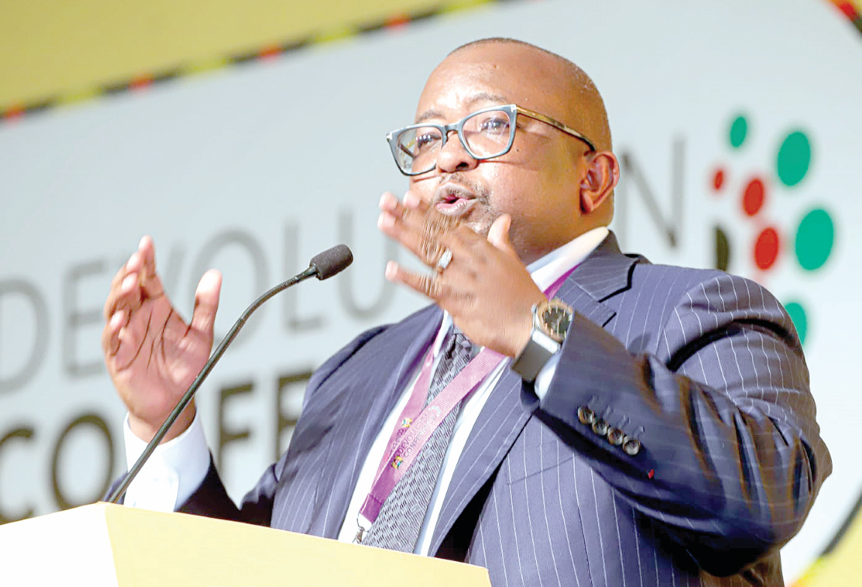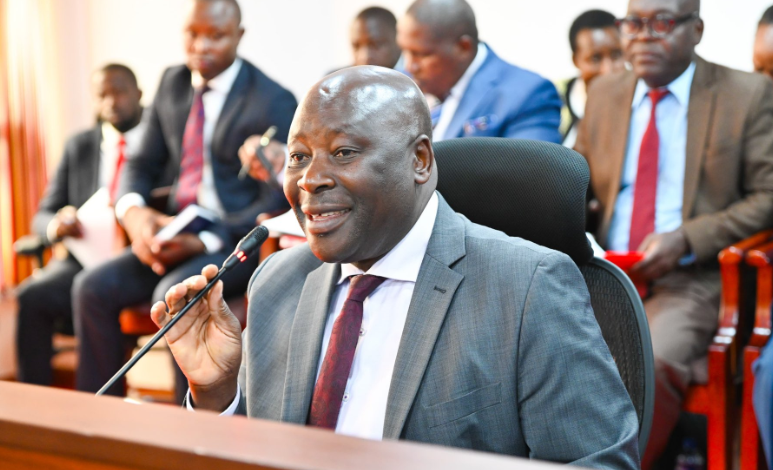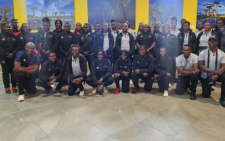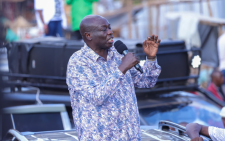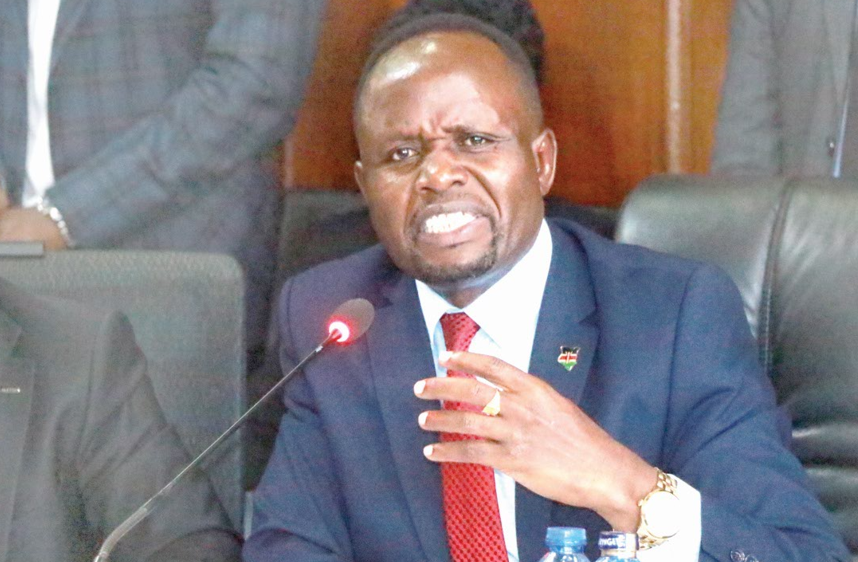Every Kenyan’s right to worship is sacrosanct, president reiterates
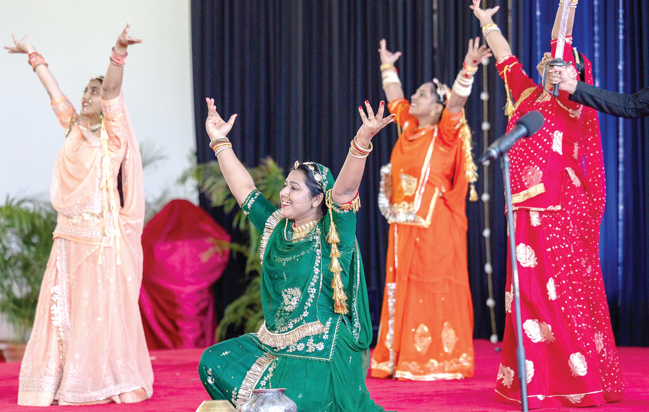
President William Ruto yesterday assured Kenyans that his administration will not in any way interfere with the right to religion. Ruto echoed the constitution and promised that the government would by all means protect the sacred provision of the right to worship by all Kenyans and all religions.
Speaking during the Diwali celebrations held at State House, Nairobi, the Head of State declared that under his administration there will be no limitations whatsoever to religion.
“The preamble of our constitution speaks to our acknowledgement as Kenyans. The supremacy of God of all creations is that we protect the place of religion, and we will protect the right of every Kenyan to worship God in the way they want because we all submit to the living God,” he stated.
Ruto also used the opportunity to call on Kenyans to ignore propaganda being peddled about limitations to religion by some quarters. According to the president, the government will protect the place of worship by abiding by the constitution as a “God-fearing nation.”
Legal framework
His statement follows widespread concerns by some section of religious leaders over alleged plans to regulate churches. Tana River Senator Danson Mungatana has drafted and tabled the Religious Organisations Bill (2024).
The Bill provides for the establishment of a registry of religious organisations, such as churches, which would have the power to grant or revoke the registration of religious organisations and religious leaders at any time.
Church leaders have strongly opposed it urging the president and other key political leaders not to support it. Ruto had earlier formed an 18-member task force, headed by Reverend Mutava Musyimi to identify gaps that allowed extremist religious organisations to operate in the country following the Shakahola deaths.
It was mandated to formulate a legal framework to prevent radical religious organisations from operating locally and to come up with proposals for civic education to sensitise Kenyans on the need to avoid religious cults.
